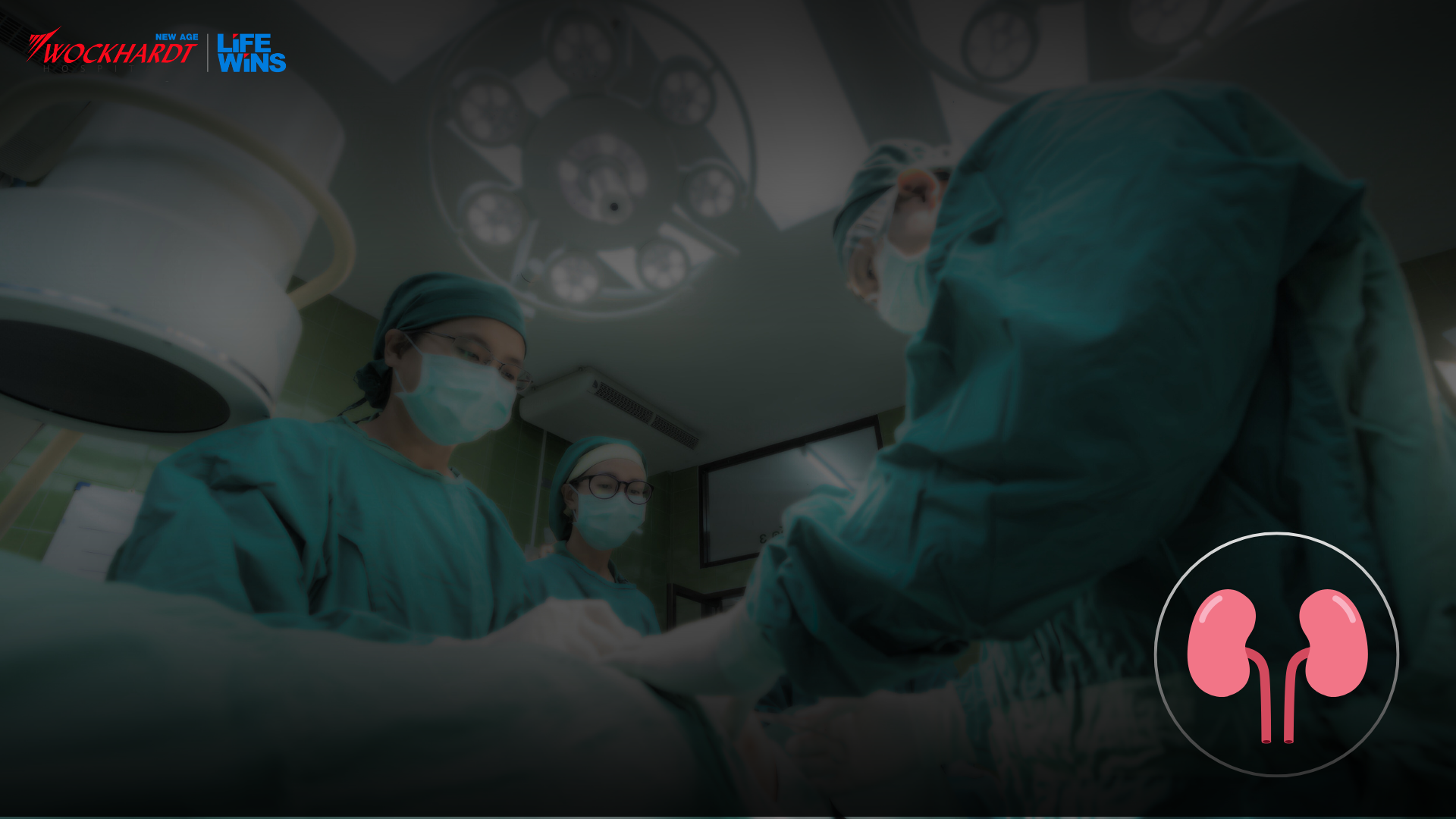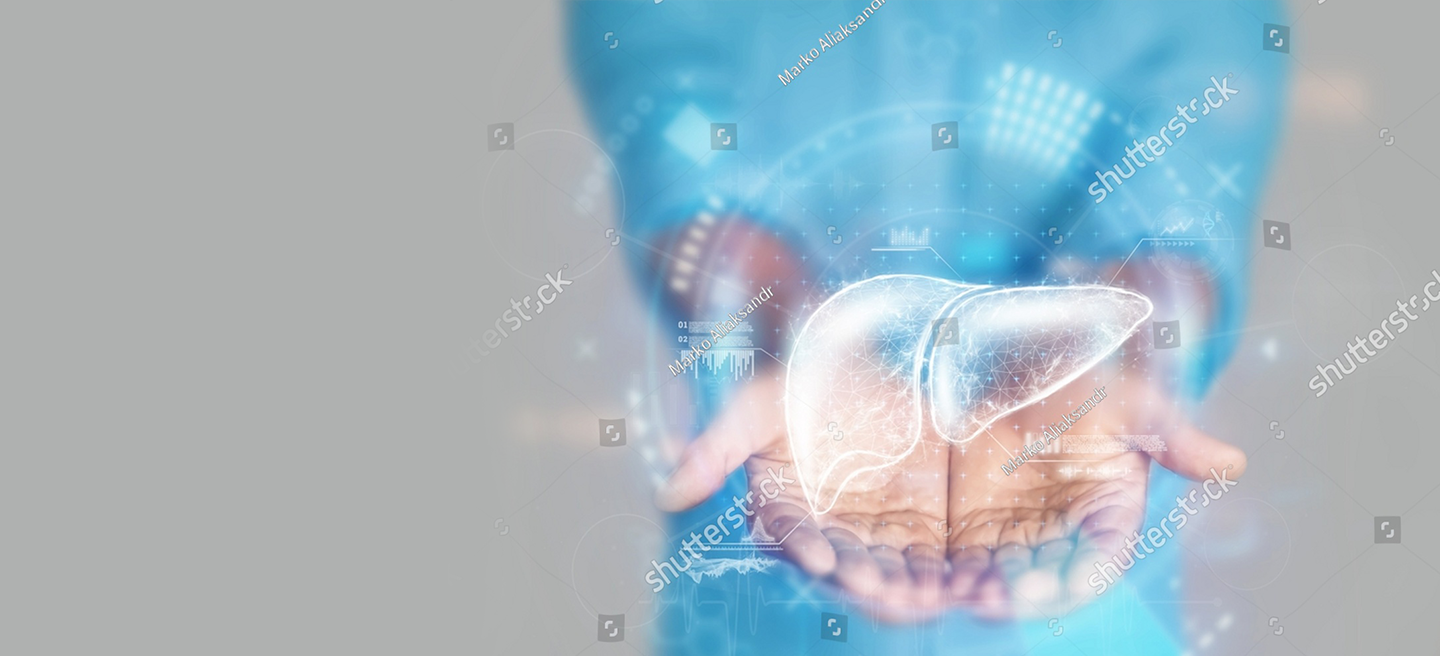Kidneys are relatively small, measuring approximately the size of our fist. However, they are essential for the functioning of the human body. By maintaining the body’s water and other constituents in the ideal proportion, they keep a person healthy. In addition to generating red blood cells, they help maintain bone health and regulate blood pressure.
Unfortunately, if our kidneys begin to malfunction, we might not notice it for a while. Usually, kidney disease doesn’t cause symptoms until the condition is severe and permanent. For general health and well-being, maintaining kidney function is crucial. By keeping the kidneys in good condition, the body will filter and eliminate waste appropriately and create hormones to support bodily functions.
Understanding the Types of Kidney Diseases
There are three main types of kidney diseases, including:
- Chronic Kidney Disease (CKD) – A progressive illness, CKD is characterized by a gradual decrease in kidney function over time. Underlying diseases, including diabetes, hypertension, or kidney infections, are usually the root causes of the problem.
- Polycystic Kidney Disease (PKD) – PKD is a genetic disorder in which the kidneys gradually expand and lose function due to the formation of many cysts.
- Acute Kidney Injury (AKI) – AKI arises rapidly and can be treatable with prompt medical attention. It can be triggered by severe illnesses, medications, dehydration, or kidney obstruction.
Tips To Maintain Kidney Health
Here are some effective tips for keeping your kidneys healthy.
Stay Fit and Active
Being overweight causes your blood pressure to rise, which is harmful to your kidneys. By being active and adhering to a nutritious diet, try to maintain a healthy body weight. The chance of developing chronic kidney disease can be reduced by regular exercise. It can help lower blood pressure and improve heart health, both of which are crucial for avoiding damage to the kidneys. Aim for at least 30 minutes of exercise, such as walking four or five times a week (6000-8000 steps per day).
Drink Enough Water
Your kidneys benefit from continuous, regular water consumption. They will operate more effectively if you stay hydrated. Water helps your kidneys flush out toxins and sodium, reducing your risk of developing chronic kidney disease. Aim for at least 1.5 to 2 liters every day. Your urine should be straw-colored or paler. Any further darkening might be an indication of dehydration.
Reduce Alcohol
Alcohol can cause kidney damage. Excessive alcohol consumption may raise your blood pressure and add extra calories to your body, leading to weight gain. Limit your alcohol consumption. If you drink alcohol, keep your intake to no more than one drink for women and two for men each day.
Stop Smoking
Tobacco use reduces blood flow to vital organs like the kidneys, increasing the risk of kidney disease. Smoking makes it more difficult for the kidneys to eliminate toxins from the blood and raises blood pressure, which is harmful to health. It also increases the risk of kidney and bladder cancer. Additionally, smoking reduces the effectiveness of drugs used to treat high blood pressure, potentially leading to kidney disease if not well managed.
Eat the Best Foods for Kidneys
Kidneys digest everything an individual eats, even unhealthy fats, sugar, and salt. The long-term consequences of poor dietary habits can include hypertension, obesity, diabetes, and other conditions that harm the kidneys. So, it is important to eat plenty of fresh fruit, vegetables, and grains. Avoid processed or greasy meals, and limit your salt consumption. If you’re a diabetic, have BP, or have a family history of kidney disease, keep a regular check on your kidney health.
Check Your Cholesterol, BP, and Diabetes Regularly
The best method to safeguard the kidneys from harm, if you have diabetes, high blood pressure, or heart disease, is to – Keep your target blood glucose level in mind. As part of managing your diabetes, it’s crucial to check your blood glucose or blood sugar levels. Your kidneys may get harmed by high blood pressure. So, as part of a regular medical checkup, you should check your blood pressure. People who are elderly or approaching middle age should pay extra attention to this.
Get Timely Diagnosis
It’s critical to understand the risk of kidney disease. If you or anyone in the family has diabetes, high blood pressure, heart disease, or kidney failure in the family, it is more likely. In certain situations, your doctor may recommend particular kidney tests as a part of your routine visit. Early detection can lead to more effective treatment.
Take Action Today for Your Kidney Health
The most crucial thing you can do to protect your kidneys is to take care of your body to lower your risk of contracting illnesses that can stress them. One may promote optimal kidney health and reduce the risk of kidney problems by implementing these crucial techniques and getting frequent checkups.
Dr. Puneet Bhuwania
Consultant Nephrologist & Transplant Physician
Wockhardt Hospitals, Mira Road
To book an appointment call: +918108101104


















